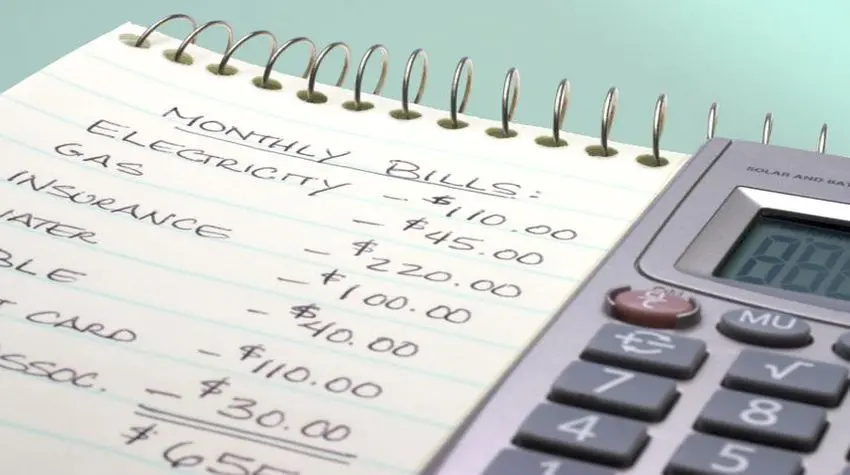
The term ‘fun money’ means different things to different people. You might think of it as money for entertainment or eating out. It could be your growing vacation fund or the cash you spend on a painting class or round of golf could fall into this category. Essentially, fun money is what you spend to enjoy yourself.
Working just to pay bills — and budgeting only to stay on top of financial obligations — gets old fast. Instead of depriving yourself of what brings you joy, including some fun money in your budget will give you a more balanced financial life.
The Importance of Adding Fun Money to Your Budget
Restrictive budgets can work for a very short term but aren’t sustainable in the long run. When there is a lot of pent-up spending desire, the flood gates can burst, and rebound spending often happens. To avoid binge shopping, allocate some of your monthly earnings to spending that brings you joy. Having fun money to spend however you like will motivate you to stick to your financial plan. Who wants to stay involved with a plan that is all work and no play? Perhaps you treat yourself to the movies whenever you add another $500 to your emergency fund or celebrate with a spa visit.
How to Budget for Fun
While you want to make sure to pay all your monthly obligations — like rent, utilities, and your car loan — you don’t have to treat your fun money as an afterthought. Set up automatic deposits to save up for fun expenses. How much you put aside will depend on your individual financial situation. If you follow the 50/30/20 budgeting method, you’d earmark 30% of your income for discretionary spending, which includes what you spend for your enjoyment. Separating your fun money from your main checking account and other savings allows you to spend from that stash guilt free. Another smart budgeting approach is to think of your fun money in terms of what you value most and want to prioritize.
Realistically, you will not be able to fully accomplish all your want-based goals. However, knowing what you value and prioritize over other things will allow you to shift your mindset from what you can’t do to what you can do. Sometimes this will include making trade-offs or sacrifices. Eating soup all week and sticking to a low grocery budget frees up funds to go out with friends on the weekends if that’s a big priority. You have to consider the trade-off of now versus later.
Fun Money Doesn’t Have to Break the Bank
When you’re spending money for enjoyment, identifying the reason why you’re making that particular choice could lead you to discover that you can spend less to fulfill the same need. Going out with friends may be linked to a need for connecting with others or belonging. But you don’t have to run up an expensive bar tab. Maybe you and your friends take turns hosting a weekly potluck dinner. Or perhaps you join a book club or running group.
After identifying what you value, investigate cheaper ways to pursue it. If you enjoy switching up your wardrobe, participate in a clothing swap or visit thrift stores. If you love traveling, consider a road trip instead of flying.








